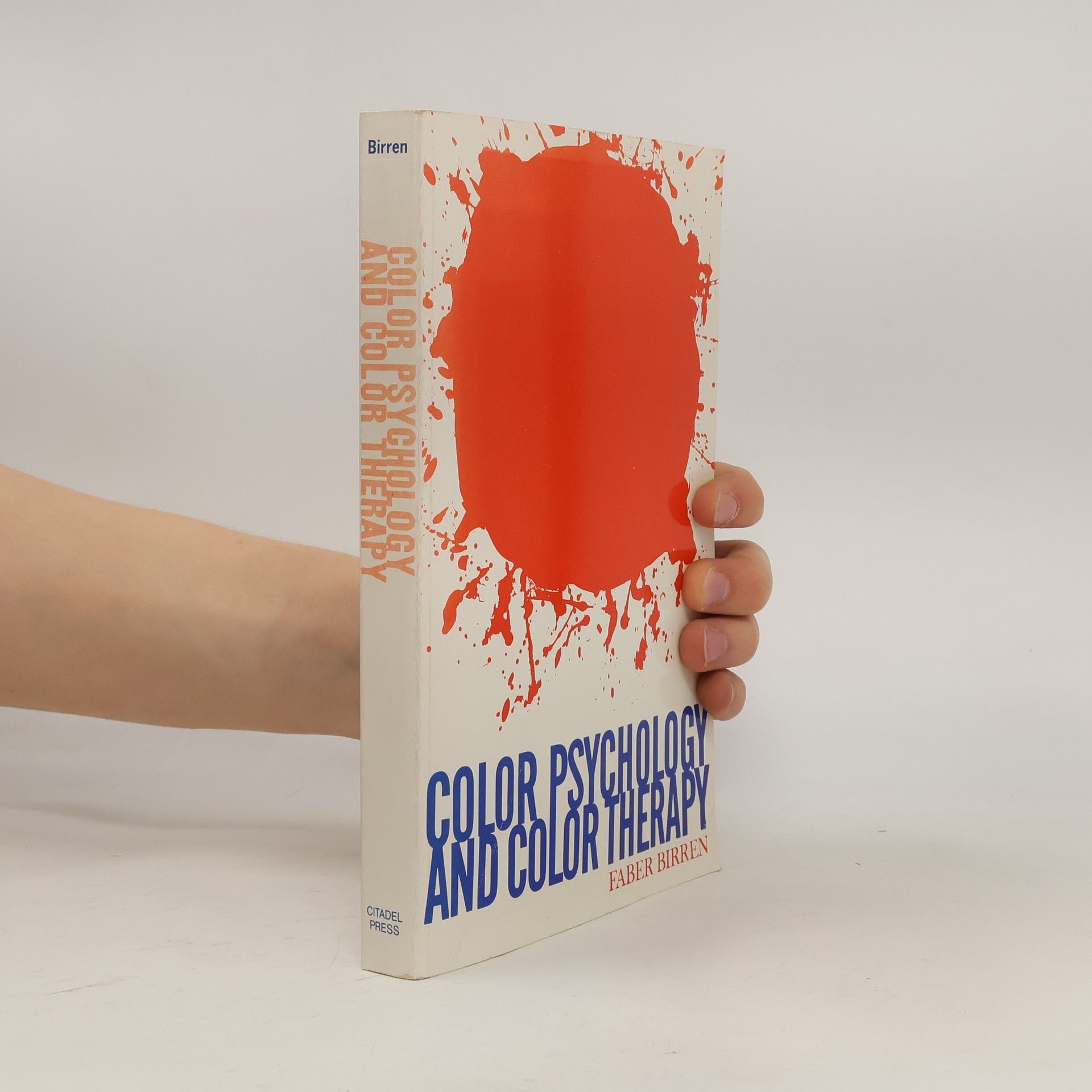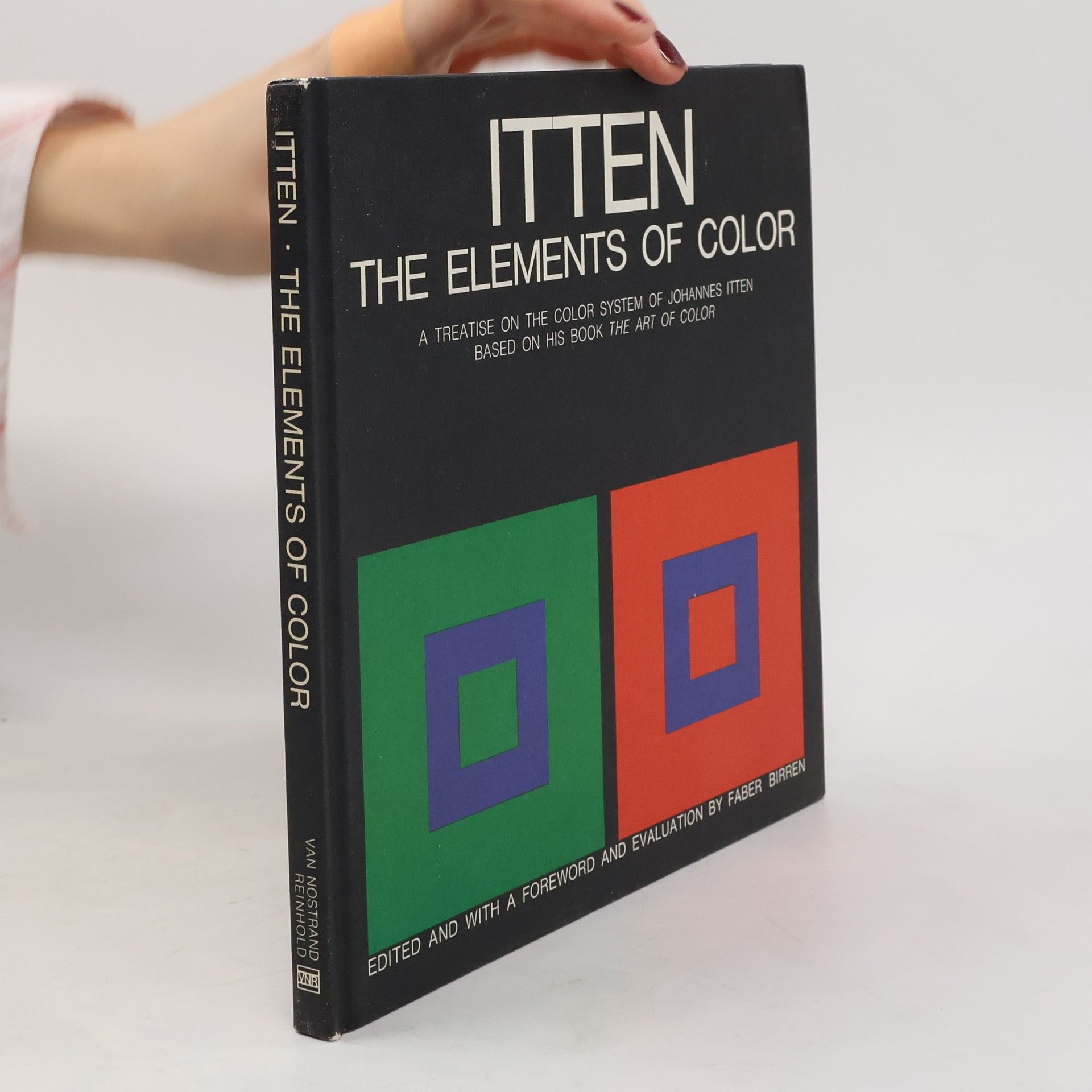A Basic Color Library: The Elements of Color
A Treatise on the Color System of Johannes Itten Based on His Book The Art of Color
- 96 pages
- 4 hours of reading
A useful simplification and condensation of Johannes ltten's major work. The Art of Color, this book covers subjective feeling and objective color principles in detail. It presents the key to understanding color in ltten's color circle and color contrasts.


